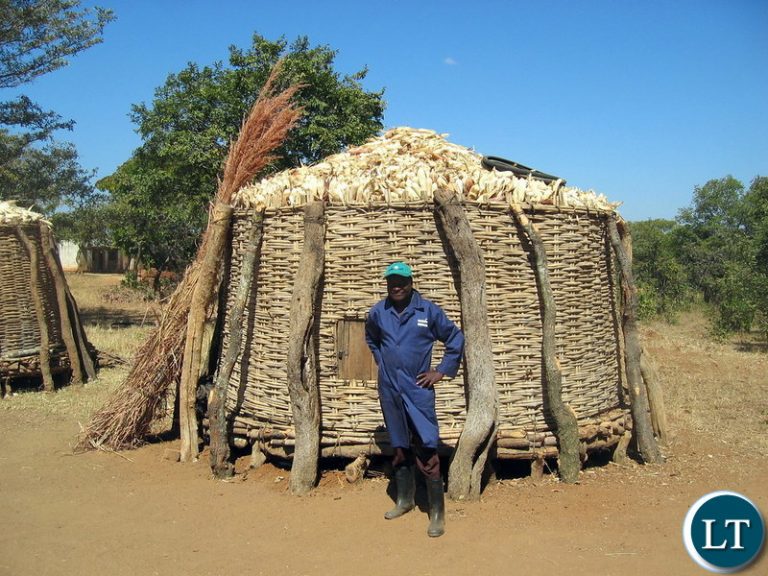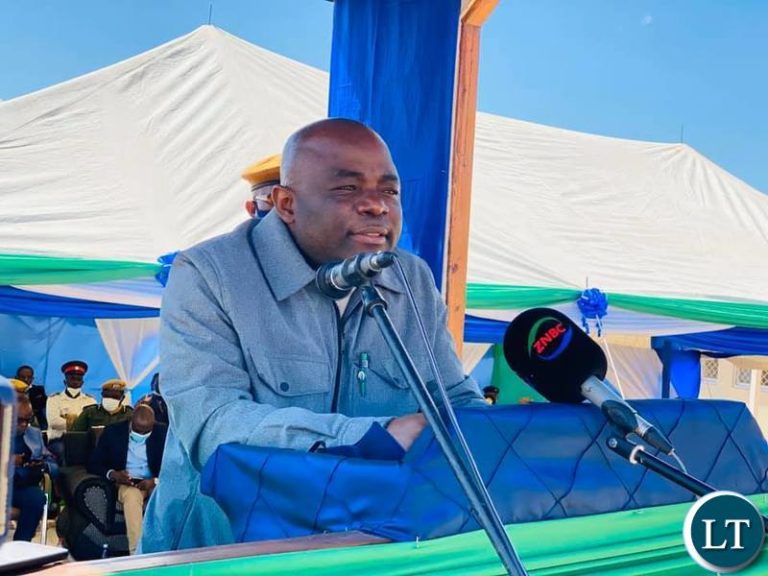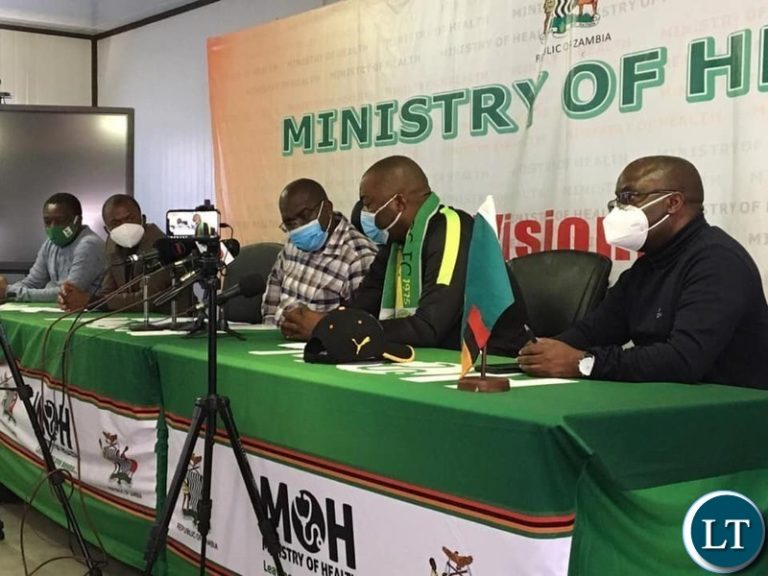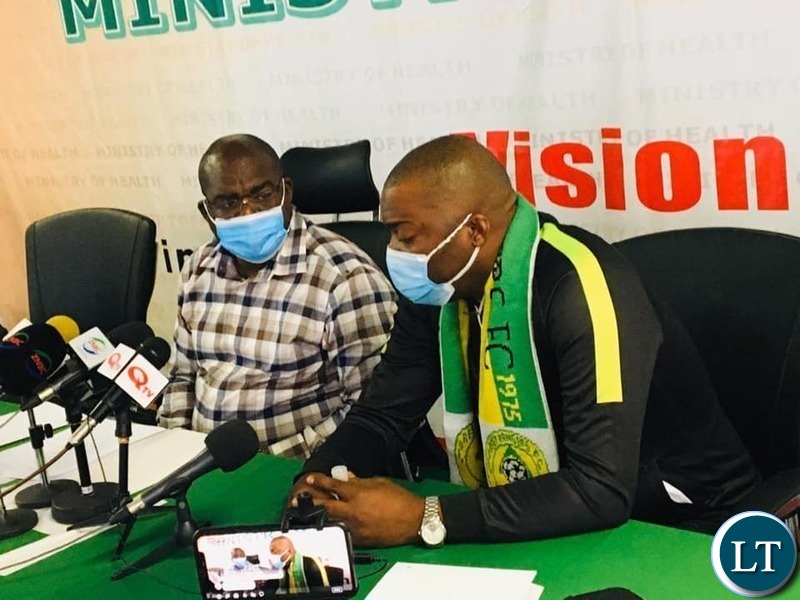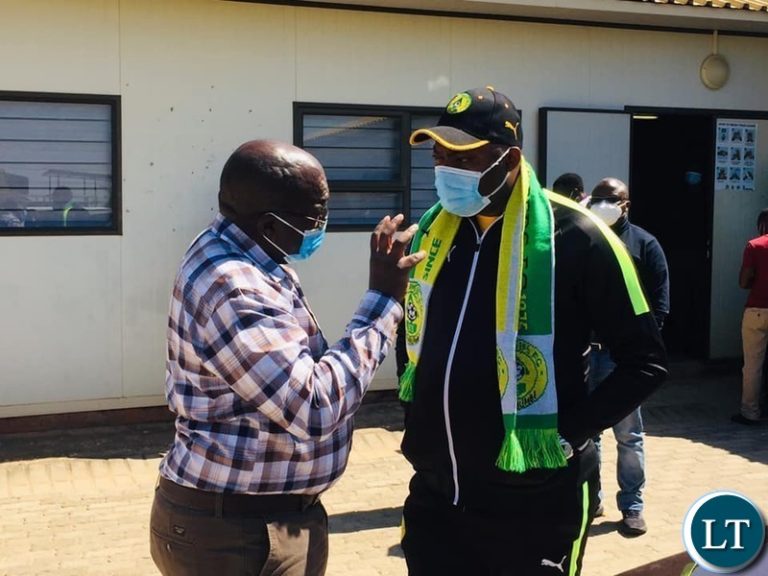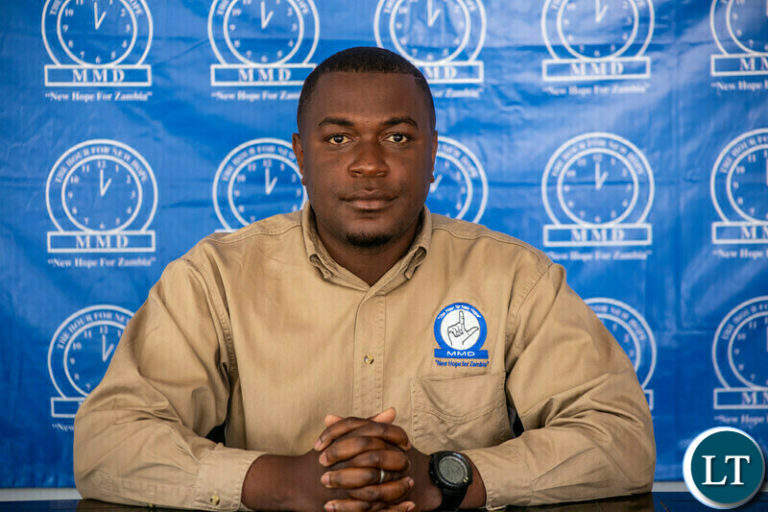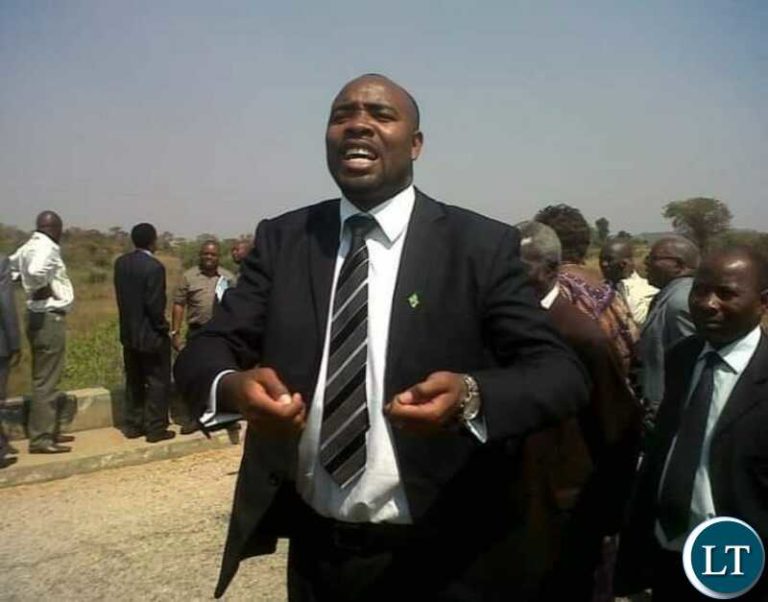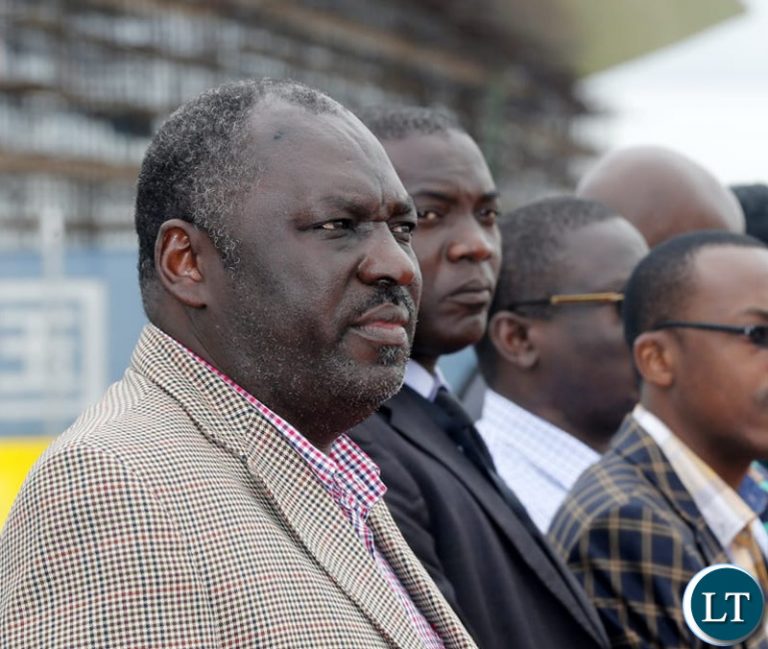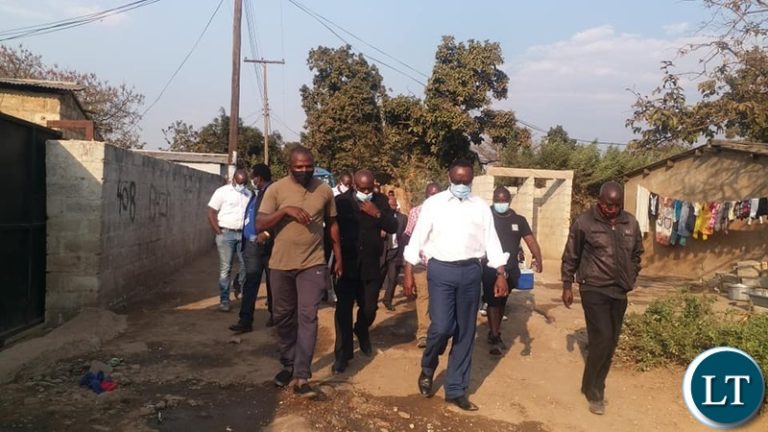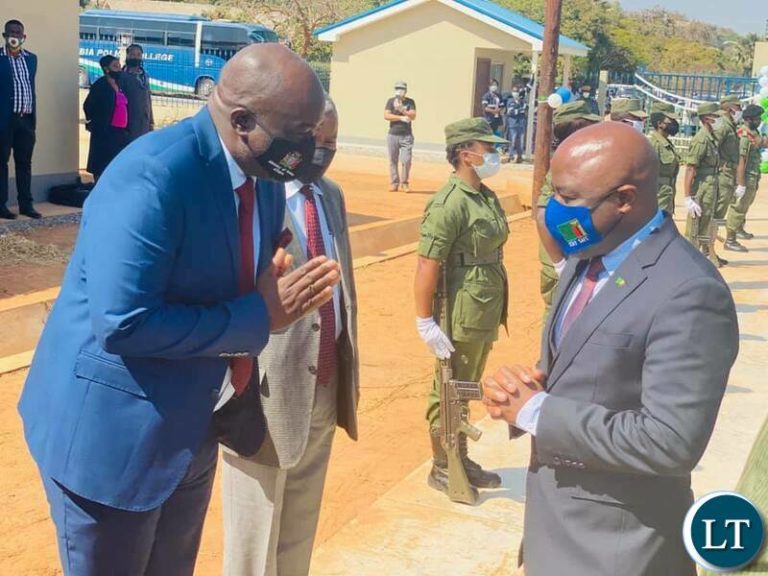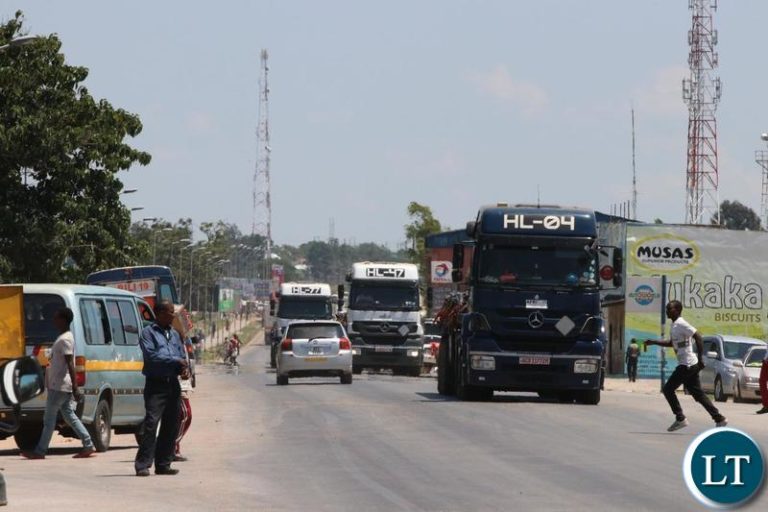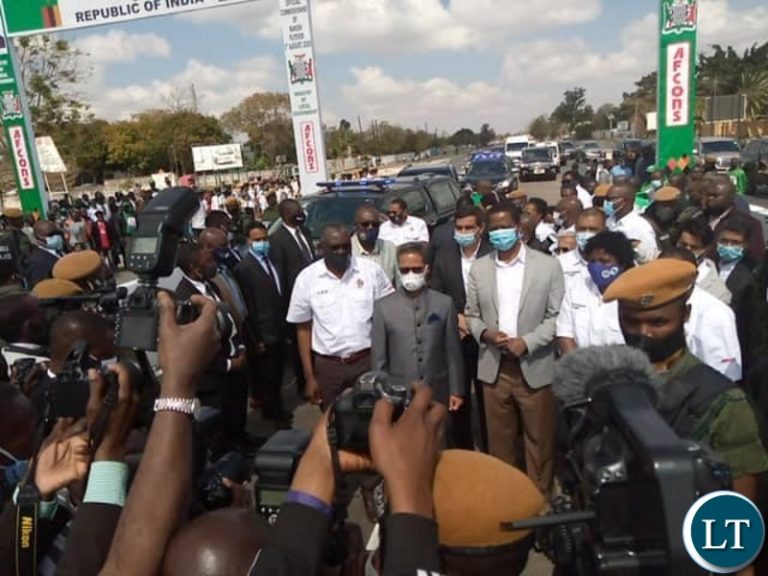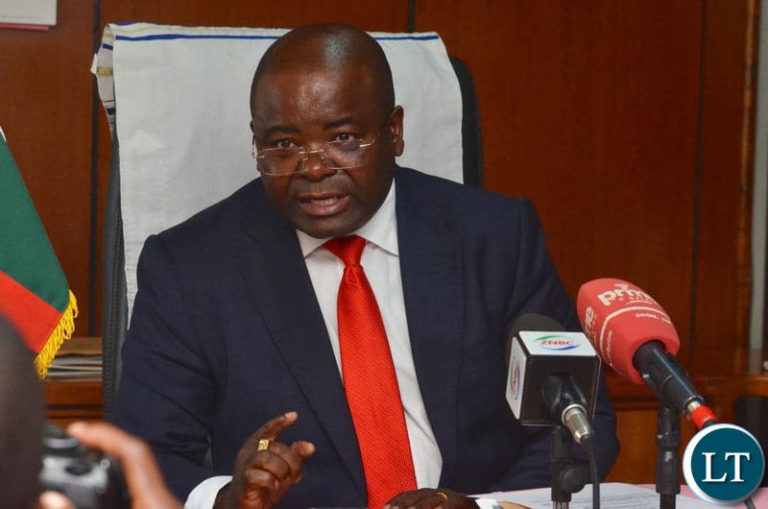South Africa has the fifth-highest number of confirmed COVID-19 infections in the world and accounts for the highest number of cases in Africa. Despite this South africa has a very low death rate or Covid-19 case fatality rate. This signifies the number of people infected with the coronavirus who die of COVID-19 complications.
Although questions have been raised as to whether these statistics are correct due to the fact that between May and July there were about 17000 excess deaths from natural causes according to the South African Medical Research Council (SAMRC).
Various possible explanations were given for this phenomenon such as people dying from Covid-19 before they get to the health care facility, or people dying from Covid-19 but the death not being reported as such, and/or people dying from non-Covid-19 conditions because the health services have been re-orientated to Covid-19.
However, as of 8 th August, the recovery rate out of a cumulative total of 553 188 confirmed COVID-19 cases in South Africa , 73% have recovered.Part of this can be owed to the good treatment protocols implemented by Health Care system.
Below is an outline of the Treatment Protocols being used which we can learn from
Here’s what we know now about COVID :
Lung Disease:
Not all cases in respiratory distress have pneumonia or lung infections. A significant proportion of people who would have been placed on ventilators are now recognized as having a clotting disorder that blocks the blood vessels feeding the lungs, thereby causing shortness of breath. We also have a whole new generation of anti-clotting drugs that can help these patients as well as those whose clots are affecting other organs.
Monitoring:
We have pulse oximeters readily available that can be used to monitor any decline in a patient’s oxygen levels at home. This means that we can cheaply action more advanced treatments much sooner than before. We have learnt that laboratory tests such as LDH, CRP and D-Dimer are useful tools that can help us monitor how our patients are faring. .
Oxygen:
The provision of Oxygen to severely ill patients remains the cornerstone of advanced patient care. Mass nursing facilities have been prepared for this purpose. ICU treatment is no longer routinely putting patients on ventilators as a high mortality rate has been shown. Rather, we now have new alternate ways of oxygenating the severely sick: prone nursing (face down) and high flow techniques of oxygenation which can perfuse compromised lungs without ventilators.
Thrombosis:
Anti-clotting treatments and steroids (such as Dexamethasone) are now a regular part of the ICU doctor’s weaponry to combat the Cytokine storm. Another old drug, Colchicine has recently been trialled as it may help to prevent micro clots in the lungs. General Practitioners are now able to apply these treatment principles for patients at home in order to prevent the need for hospitalisation.
Drugs old and new:
Many drugs have been tried to treat Covid-19 and we now have experience of what does and does not work. Quinine based drugs and Zithromax in high doses have not been shown to be effective in ICU’s. New drugs such as Avigan and Remdesivir have been proven to shorten ICU stays by up to four days. Anti-inflammatories such as Ibuprofen and ACE inhibitors, originally considered dangerous, have now been given a clean bill of health. Observational studies have suggested that certain drug categories such as PPI’s may be associated with worse outcomes. Recent evidence has demonstrated that the hormone, Melatonin, may be beneficial in high doses. Knowledge changes daily in this epidemic as new information evolves.
Home treatment:
Community resources such as General Practitioners (GPs) have collaborated to share knowledge and experience in order to provide the latest in care for an overburdened health system. Casualties and hospitals are scary places for patients and our GPs have risen to the challenge; these doctors constitute the primary interface with patients. Virtual forums and webinar lectures actively keep GPs abreast of new information and treatments. GP’s have developed effective preventative strategies that are readily available and they bravely deal with Covid-19 patients face to face. Some have already succumbed to the infection themselves.
Symptoms:
We are recognizing early specific symptoms peculiar to Covid-19 such as loss of taste and smell, Covid toes, rashes, conjunctivitis and cold sores. This knowledge gives us a head start in recognizing, testing, treating, isolating and quarantining our patients.
Shorter Quarantine:
New evidence suggests that the virus is not shed beyond day eight of an infection. If confirmed, this will be good news and will shorten the duration of isolation and quarantine. Amended guidelines are expected to be released soon.
Better Tests:
New rapid tests have just been approved in SA that will soon be available to test for antibodies; this will help to confirm who has already been infected.. A new instant breathalyser type test is starting production which will give instant results in acute infections.
The unknown, conspiracy theories, flaky news and the media hype have all helped to fuel significant human fear for the past few months.
Anxiety, stress levels, rumours and unhelpful personal theories have all shot up proportionately. But the information vacuum is being filled with more and more dependable and positive scientific information from trustworthy sources – as well as personal experiences of the virus as it increasingly hits closer to home. Most GP’s are knee -deep in the fray and are now far better equipped to diagnose and treat Covid cases than a few months back.
…and the chances of beating Covid now are much better than they were in March.
Source: Gauteng General Practitioners Collaboration



